Melden Sie sich bei getAbstract an, um die Zusammenfassung zu erhalten.
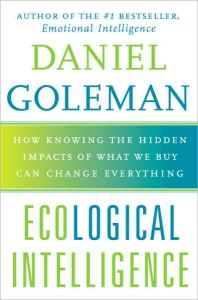
Melden Sie sich bei getAbstract an, um die Zusammenfassung zu erhalten.
Daniel Goleman
Ecological Intelligence
How Knowing the Hidden Impacts of What We Buy Can Change Everything
Broadway Books, 2009
Was ist drin?
Well-informed shoppers want ecologically sound products, so companies that furnish both data and green goods will benefit.
Recommendation
The manufactured world has produced incredible variety, luxury and convenience, but at what cost to the environment and to human bodies? Emotional intelligence expert Daniel Goleman persuasively argues for “radical transparency” about environmental impact. He says that if people could see at a glance the harm that the products they buy wreak upon the earth and human health, they would make ecologically sounder choices. Goleman asserts that such transparency would add to the legions of eco-conscious consumers, help the environment and even boost corporate profits. Though it is not as tightly written as his previous books, getAbstract recommends this compelling, detailed work of advocacy for marketplace transparency. Goleman works hard to prove that it is an idea whose time has come.
Summary
About the Author
Two-time Pulitzer Prize nominee Daniel Goleman wrote the bestsellers Primal Leadership, Emotional Intelligence and Social Intelligence, and covered science for The New York Times.










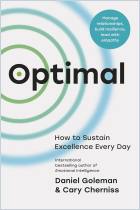
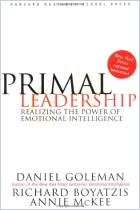
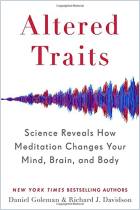
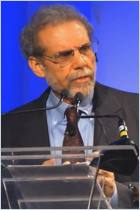
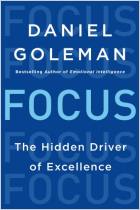
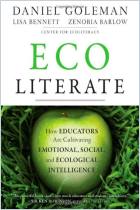
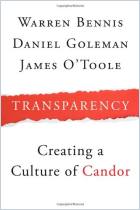
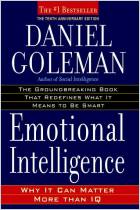
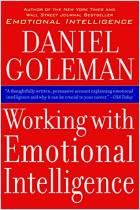



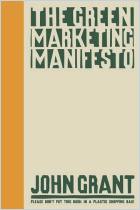











Comment on this summary